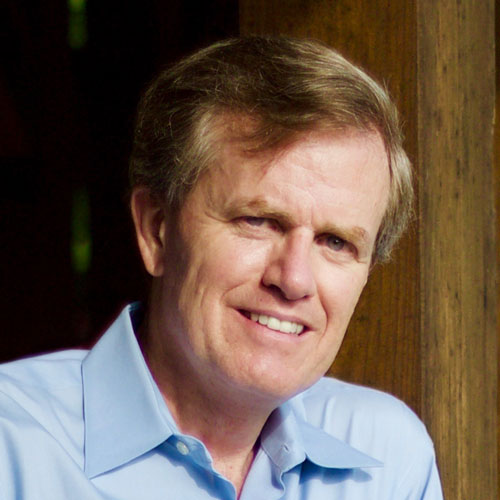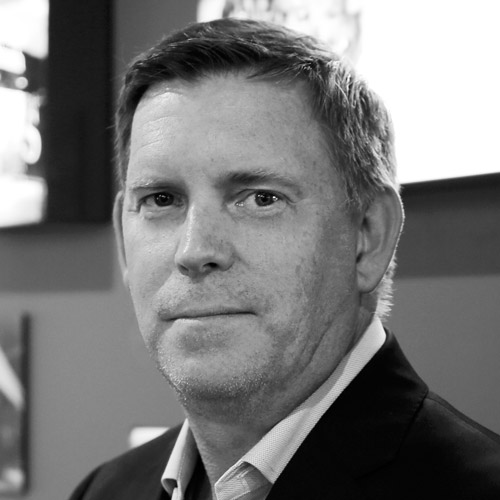Beth Sauerhaft “grew up as a real outdoorsy girl” in upstate New York and thought she would be a veterinarian, but a high school internship at a local vet’s office convinced her otherwise. “I watched a cat being spayed, and … I passed out,” she says. Instead, she later went to graduate school to study conservation ecology and international sustainable development at the Duke University School of Forestry, and that fateful decision led her down a winding path through a number of sustainable concentrations.
First, after graduating, she took off pretty much on a whim with a former roommate to study endangered lemurs in Madagascar as a research assistant. She lived in a tent in the rainforest, peeling off leeches and chasing after lemurs. “In Madagascar, I saw the reality of people’s lives, of earning a living, of finding food—and how that can easily encroach on protected areas,” Sauerhaft says.
Then, while in Madagascar, she was given the opportunity to pursue natural-resource work in earnest in Israel. After two weeks at home recovering from the rainforest, she left for the Negev Desert, where water scarcity underpins every resource issue. She helped with an experimental agroforestry project aimed at water harvesting, and the experience shifted her interest in sustainability toward the environmental impact of the global food system.
Understanding how “food-security challenges mesh with conservation” became the line of inquiry that drove Sauerhaft’s doctoral work at Texas A&M, and it continues to motivate her today in her position at PepsiCo, where she is now the senior director of global environmental sustainability.
“Every product we make [at PepsiCo] comes from agricultural raw materials,” Sauerhaft says. “Our CEO, Indra Nooyi, now talks about PepsiCo not just as a food and beverage company but as an agricultural company.” Sauerhaft developed the company’s Sustainable Farming Initiative, a program that works directly with the growers who supply potatoes for Frito-Lay chips, oranges for Tropicana juice, and other crops used by PepsiCo’s various subsidiaries. The goal is to slowly push the company’s supply chain toward more environmentally friendly farming practices.
Encouraging sustainable agriculture is a big component of PepsiCo’s “performance with purpose” ethos. For Sauerhaft, the effort is all about the breadth of the impact that even the smallest changes can make. “A company like PepsiCo that sells products in more countries than the UN has members is such a fabulous opportunity,” she says.
Looking ahead, Sauerhaft says, “More and more companies are bringing sustainability into their DNA, not for philanthropic reasons but really for business-performance reasons. It’s not the traditional balance sheet that people in finance might be used to, but companies that have that long-term thinking are the ones that are going to succeed.”


